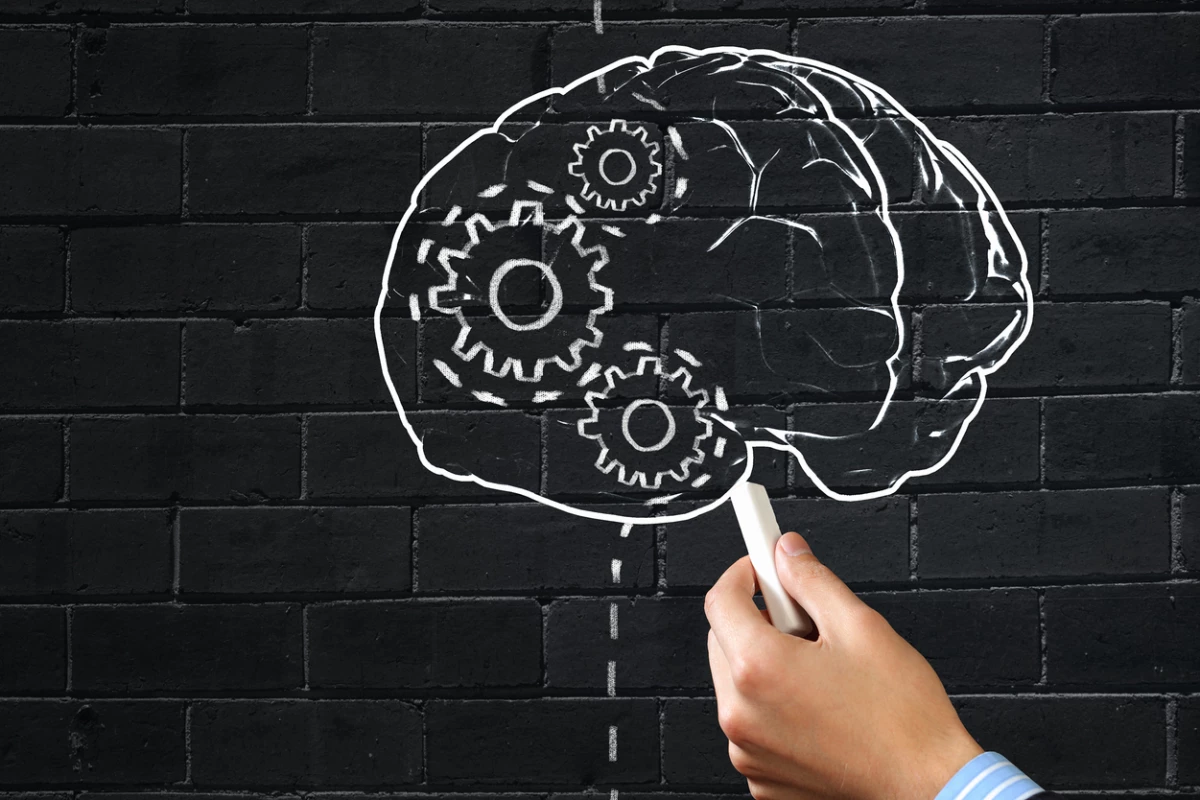New research out of Stanford University suggests erasing memories associated with opioid addiction could eliminate the triggers that lead to drug cravings and relapse into addiction. A fascinating animal study has demonstrated that by blocking a specific neural pathway, animals addicted to morphine effectively forget the drug’s effects and cease addictive behaviors.
Xiaoke Chen, lead investigator on the research, previously homed in on a specific part of the brain in the thalamus called the paraventricular nucleus (PVT). Chen’s research revealed PVT activity played a major role in activating addictive drug behaviors, so the new study set out to investigate whether temporarily silencing this specific pathway could alter drug-seeking behavior.
The new study first generated a memory-dependent morphine addiction in a cohort of mice. For several days the animals were presented with a two-sided chamber, saline on one side and a morphine-dosed solution on the other. After just five days the animals had developed a preference for the morphine solution.
The researchers then presented the animals with the two-sided chamber while using optogenetics to silence a key PVT pathway. With this pathway turned off the animals displayed no preference for the morphine solution. But even more interesting, when tested again the following day without actively silencing the PVT pathway, the animals still showed no preference for the morphine solution.
This intriguing finding suggests temporarily inhibiting this PVT pathway after cueing specific drug behaviors may somehow erase the memories that trigger the addictive preferences. Chen hypothesizes drug addiction to essentially be a memory problem, and by disrupting the memories underpinning both the drug’s reward and withdrawal associations, the compulsion to seek the drug could be effectively erased.
“Our data suggest that after silencing this PVT pathway, environmental cues will not work to reactivate this memory,” says Chen. “We haven’t tested a later time point than two weeks. But we think it’s very likely the memory is just gone.”
Recalling similar recent research into methods for editing, or erasing memories, Chen suggests the key to effectively manipulating the drug-associated memory is by silencing this PVT pathway while the memory is being recalled. Disrupting the pathway during the memory reconsolidation process allows for a highly specific form of memory erasure.
“The memory first needs to be reactivated to provide an opportunity for precise memory manipulation,” explains Chen. “You don’t want to erase the entire memory; you only want to erase the part that’s associated with the drug.”
While this kind of optogenetic disruption of brain activity can be evoked in humans using deep brain stimulation, it is way too invasive to be effectively deployed as a therapy. So this compelling research finding will not immediately translate into a treatment for drug addiction in people.
However, Chen does note the study shines a light on a novel neural pathway that seems to play a fundamental role in addiction behaviors. And if this pathway can be influenced through means less invasive than literally implanting electrodes in one’s brain, then new treatments for addressing drug addiction could be developed.
“Drugs as a stimulus can drive a very robust behavior,” says Chen. “I want to understand the mechanism underlying that behavior and hope that this knowledge can help address the devastating opioid epidemic in the U.S.”
The new study was published in the journal Neuron.
Source: Stanford University




